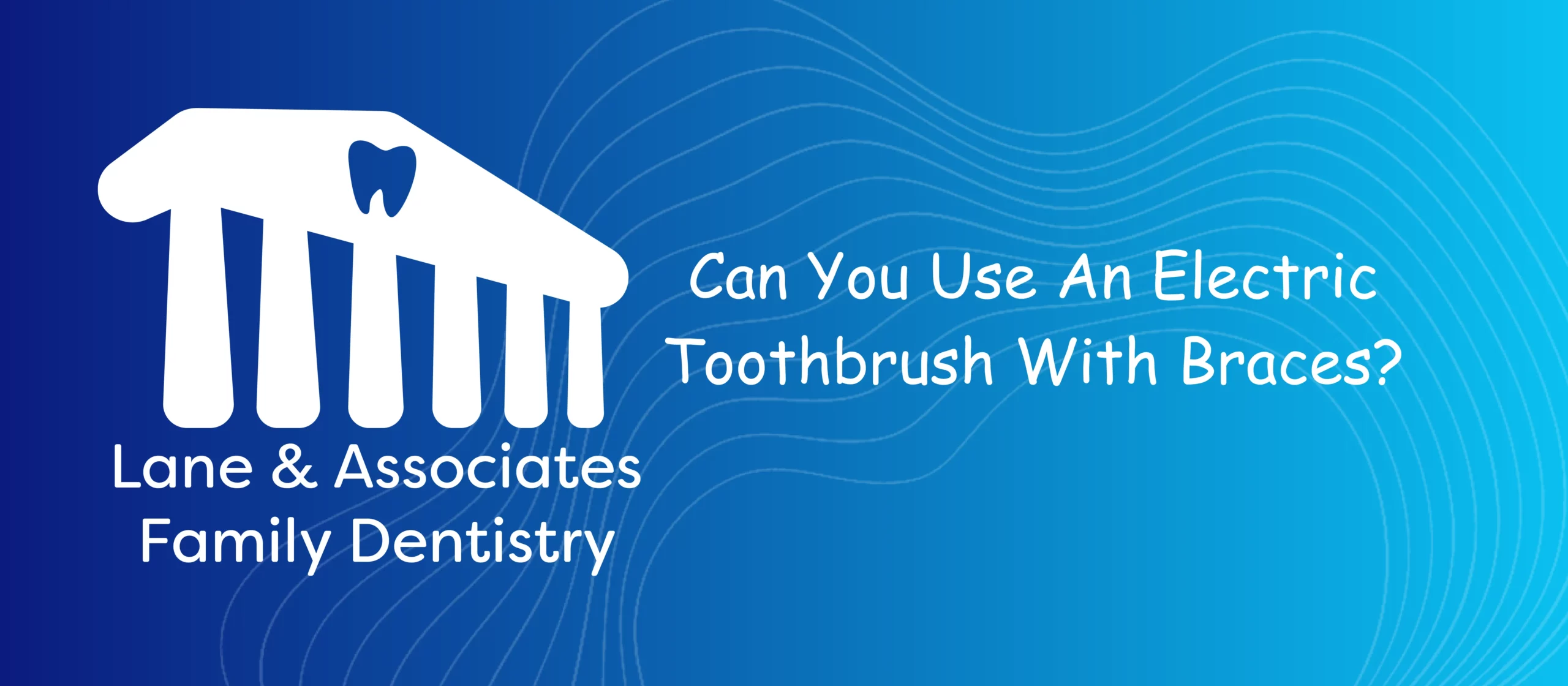Yes, it is absolutely possible to use an electric toothbrush with braces, and in fact, it is often recommended. Electric toothbrushes can be particularly advantageous for individuals with braces as they offer several benefits. The oscillating or rotating bristle movements of an electric toothbrush can help reach difficult-to-access areas around the brackets and wires, ensuring a thorough cleaning. This helps remove plaque and food particles more effectively than a manual toothbrush. Additionally, electric toothbrushes often have built-in timers or sensors that can assist in maintaining the recommended brushing time and applying the right amount of pressure.
When using an electric toothbrush with braces, it is crucial to choose a brush head with soft bristles to avoid any damage to the brackets or wires. It’s important to be mindful and gentle while brushing around the braces, making sure to cover all tooth surfaces. Some electric toothbrushes also offer specialized orthodontic brush heads designed specifically for braces, providing even better cleaning and protection. As always, consulting with your orthodontist is advisable to receive personalized recommendations and ensure you are effectively using an electric toothbrush during your orthodontic treatment.
How to Brush Your Teeth With Braces With an Electric Toothbrush?
Brushing your teeth with braces using an electric toothbrush requires a specific technique for effective cleaning. Begin by selecting a soft-bristled brush head suitable for braces. Hold the brush at a 45-degree angle against the gum line, gently guiding the bristles over the brackets and wires. Move the brush in small circular motions, paying attention to all tooth surfaces and around the braces. Take extra care to reach the areas between the brackets and wires. Brush for at least two minutes, ensuring thorough coverage. Rinse your mouth and clean the brush head afterward.

Is it Harder to Brush Teeth With Braces?
Brushing teeth with braces can be more challenging than without braces due to the presence of brackets, wires, and other orthodontic components. The hardware can create obstacles that make it harder to reach certain areas of the teeth, leading to potential plaque buildup and an increased risk of tooth decay. Additionally, the wires can trap food particles, requiring extra effort to thoroughly clean around them. Proper brushing techniques, along with the use of specialized tools like interdental brushes or floss threaders, can help overcome these challenges and maintain good oral hygiene during orthodontic treatment.
While it may require more time and effort, brushing teeth with braces is crucial to prevent oral health problems. Diligence in brushing techniques, such as using gentle circular motions and angling the bristles to reach all surfaces, becomes paramount. Patients should take extra care to clean around the brackets and wires, making sure to remove any food particles or plaque buildup. Regular check-ups with the orthodontist and following their instructions for oral care will help ensure that teeth remain healthy throughout the course of orthodontic treatment.
What Happens if You Don’t Floss With Braces?
Neglecting to floss regularly when wearing braces can lead to various oral health issues. Without flossing, food particles and plaque can accumulate between the teeth, around the brackets, and under the wires, increasing the risk of gum inflammation, tooth decay, and bad breath. The trapped debris can be difficult to remove with brushing alone, making flossing an essential step in maintaining proper oral hygiene during orthodontic treatment. Regular flossing, using techniques such as threading the floss carefully under the wires and around the brackets, helps remove plaque and prevent potential complications.
Conclusion
Maintaining good oral hygiene with braces requires extra effort and attention to detail. While it may be more challenging to brush and floss effectively, using the right techniques and tools can help overcome these obstacles. Neglecting proper oral care with braces can lead to complications such as tooth decay, gum inflammation, and bad breath. Therefore, it is crucial to prioritize regular brushing, flossing, and dental check-ups to ensure a healthy smile throughout the orthodontic treatment. By following the recommendations of your orthodontist and staying diligent in your oral care routine, you can minimize the potential risks and enjoy the best possible outcome for your dental health.


